Growing Up With Celiac Disease
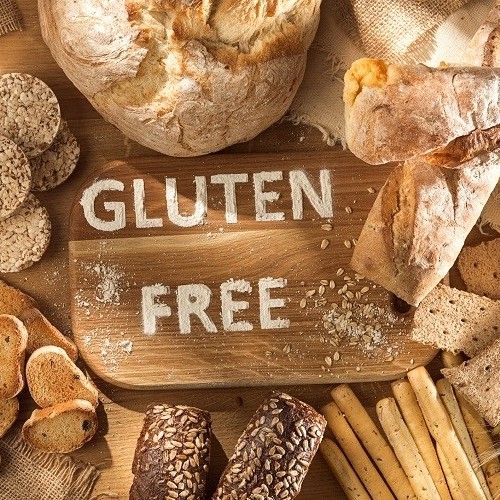
Celiac Disease is an autoimmune sickness that causes damage to the small intestine through the digestion of wheat, barely, or rye.
December 14, 2022
Daily Routine: wake up, eat breakfast, go to school, eat lunch, come home, do my homework, eat dinner, watch a movie, sit in agonizing pain, fall asleep. Something there doesn’t sound right, does it? Well, that’s what the life of an undiagnosed child with Celiac Disease looks like.
When I was eight years old, I lost all my appetite and would sit in my bed each night silently crying because I didn’t understand why my stomach hurt so bad. I lost a lot of weight, grew less than an inch for a year and a half, and felt as if I was being stabbed in the gut each day over and over. In an effort to reduce my pain I changed my diet, ate as healthy as an eight-year-old could, yet nothing changed.
I saw countless amounts of doctors, and after having a camera shoved down my throat and into my stomach, I discovered that I have Celiac Disease. This is a condition that causes damage to the small intestine’s lining, leading to serious medical conditions over time. By my daily consumption of wheat, barely, and rye (better known as gluten), I was slowly killing the inside of my body and not getting half the nutrition a growing eight-year-old girl needs.
The good news: I now knew what to change and no longer had to sit in the insufferable pain I was experiencing every single night.
The bad news: I had to make serious changes to my daily life.
It may seem easy to cut gluten out of your diet, people do it all the time. As my fifteen-year-old self, I can agree. It is fairly easy to go without eating gluten. However, my eight-year-old self would have to beg to differ.
First of all, children share food all the time. Whether it was at the annual class Christmas party, daily lunchtime, or a simple sleepover with your friends, you are constantly being fed the same food as everyone else. However, for me, I now could not share with my friends. This doesn’t seem like a big deal at all, but it was sad to feel so left out. Not only that, but it was also embarrassing to have to eat the “weird looking” food and have my friends always tell me “I could never be gluten free” or “That looks gross.” Yes, Sarah, this gluten-free, vegan, oatmeal raisin cookie not only looks gross, but tastes gross as well.
Also, any memories I had that connected to a familiar taste of certain snacks were now gone. For example, every time I would visit my Grandma Mary as a child, we would eat vanilla wafers together while watching Little Einsteins. It is one of my only memories I had with her as she passed away when I was young, and I could no longer feel the nostalgia of when she was still around.
For the first few years, I frequently struggled getting “glutened.” However, come present day, I rarely have trouble avoiding it. I still get sick every so often which has made completing all my schoolwork more challenging, but it has become far easier to manage.
Over time, I have met three other people who have Celiac, and it has been so nice having others around me who also have the sickness. Hergun Kaur (12), my good friend who I met through ASB, has been diagnosed since she was in eighth grade. It has made events with our class much easier since we were both in it together. Hergun shared that having Celiac has “made special occasions a little more difficult because [she] would get sad or annoyed that [she] could not eat anything. Now [she] ha[s] learned how to work around it,” although it is still at times difficult. In addition, she shared that it has “definitely made [her] more independent because [she] has learned how to cook her own food. Also, it has made [her] healthier as eating gluten-free is a healthy lifestyle.”
Hergun and I can both agree that life with Celiac is more difficult than one would at first think, however, it could most definitely be worse. Hergun shared that although it was a difficult diagnosis, there are “millions of people out there with fatal diagnosis and Celiac is not impossible.”
Through every experience, there is a chance to grow. Even though I would much rather have been eating bread filled with gluten the last few years, I am happy to say that Celiac has made me stronger, healthier, and more compassionate towards the challenges that everybody faces on a daily basis.



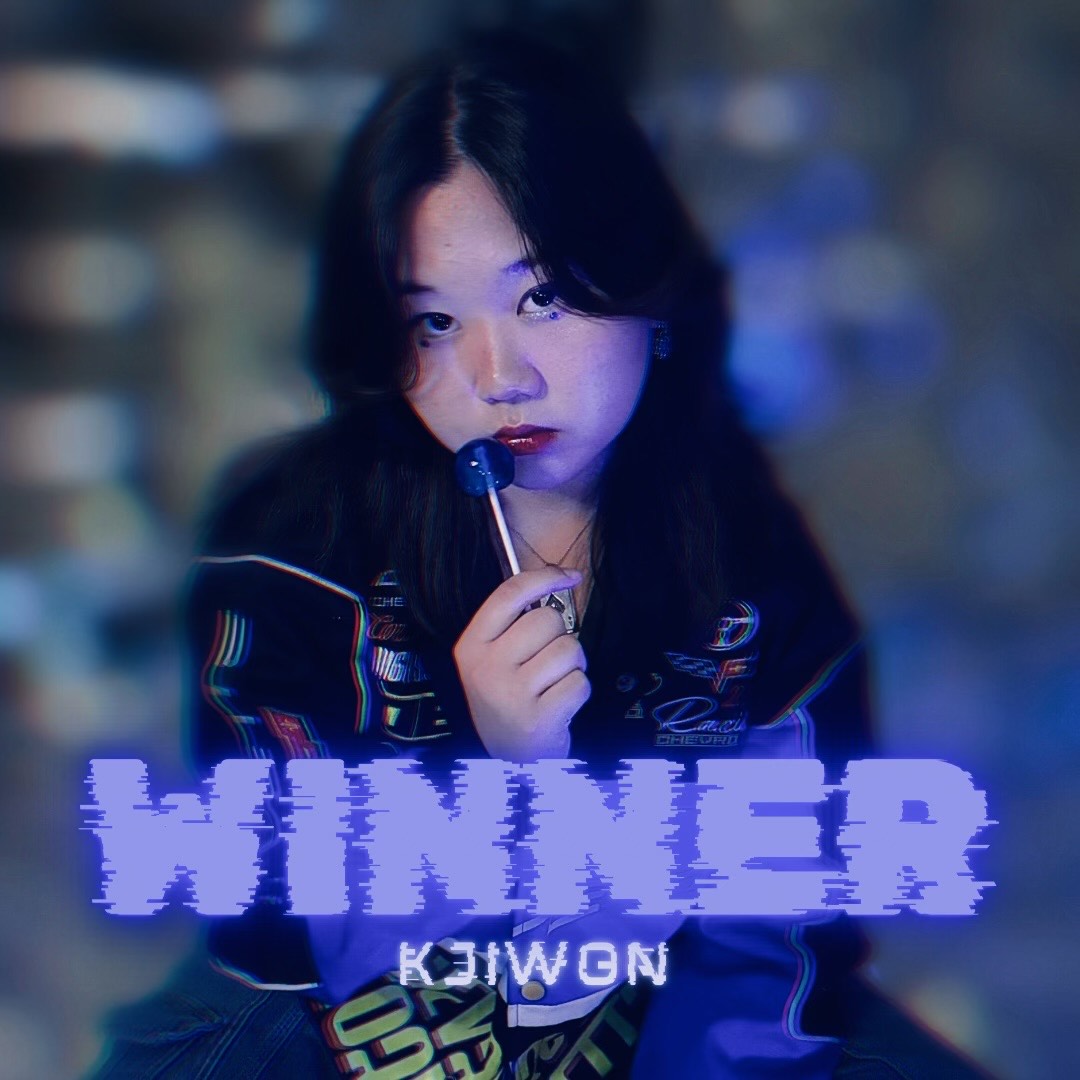
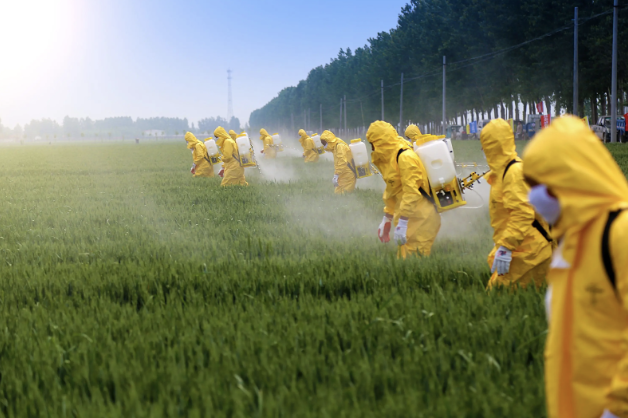




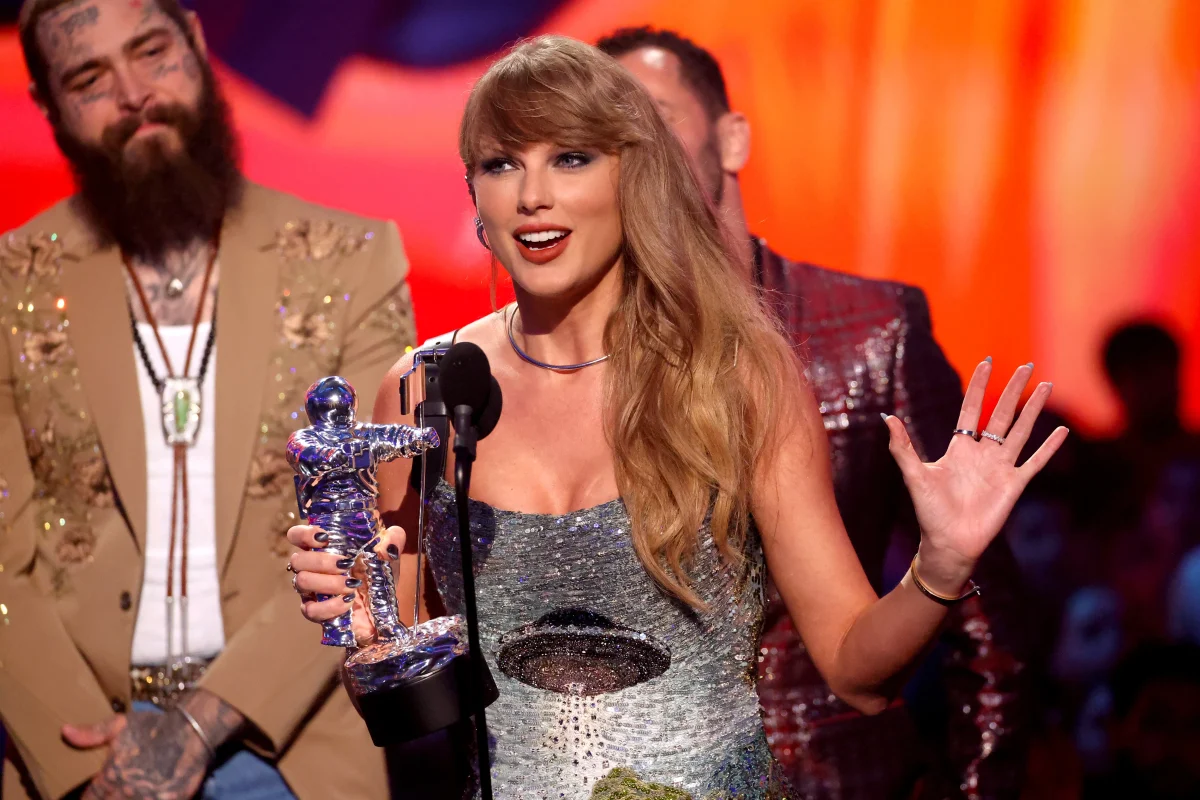
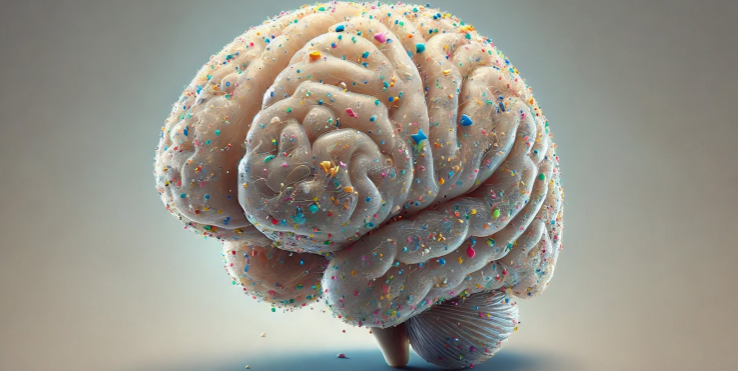




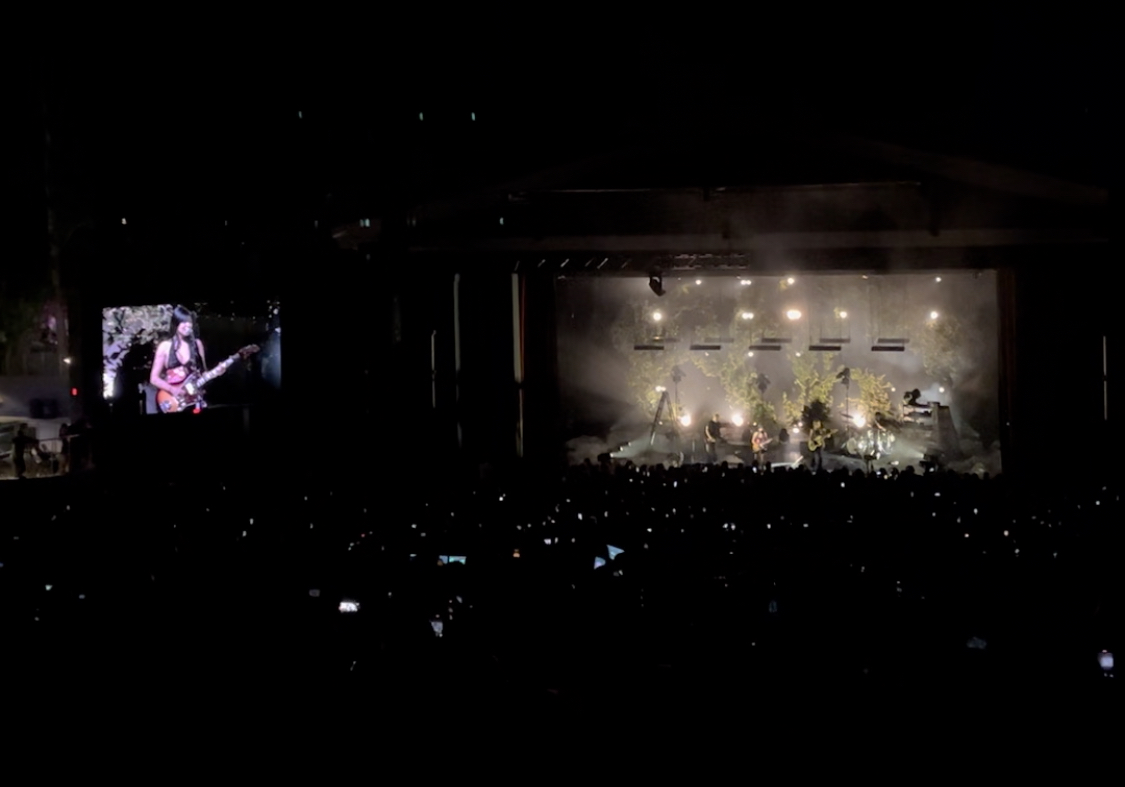

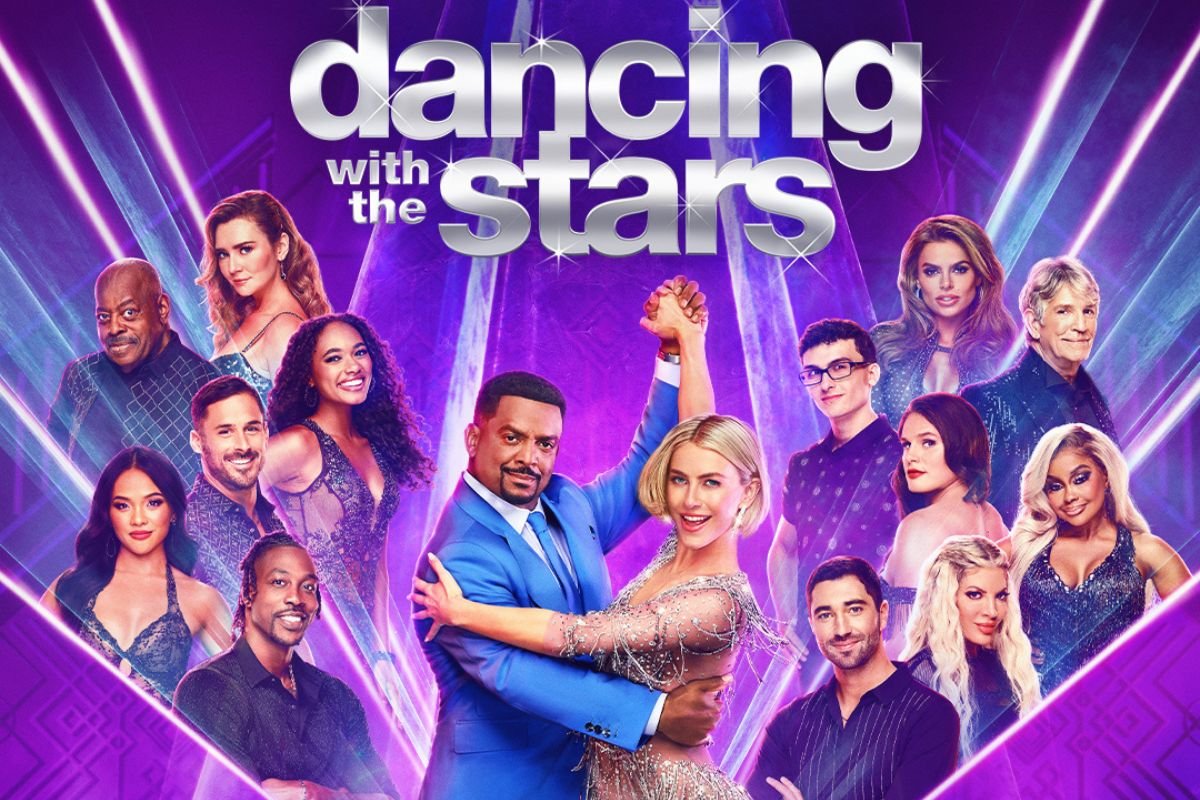
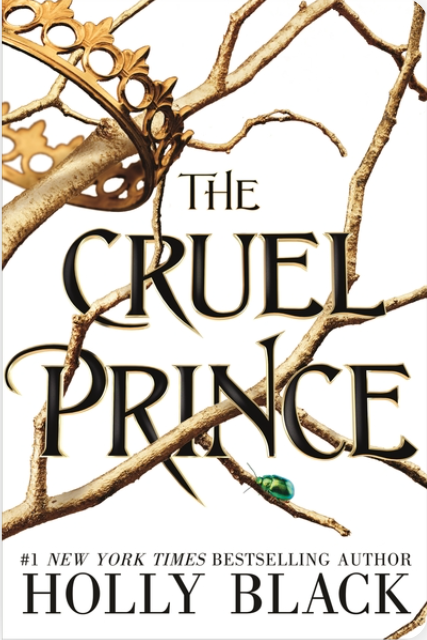
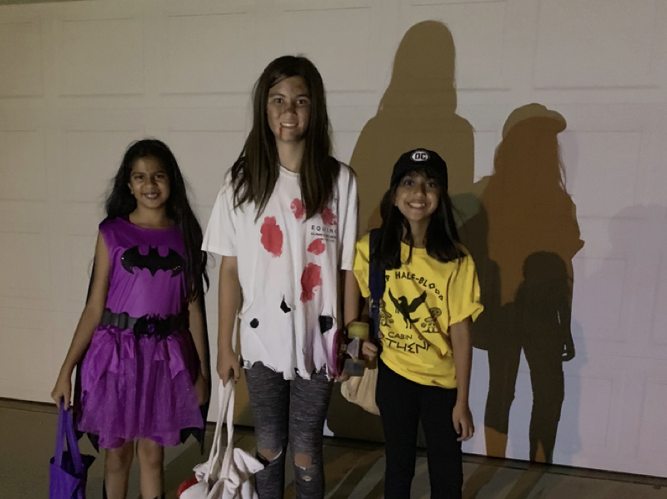
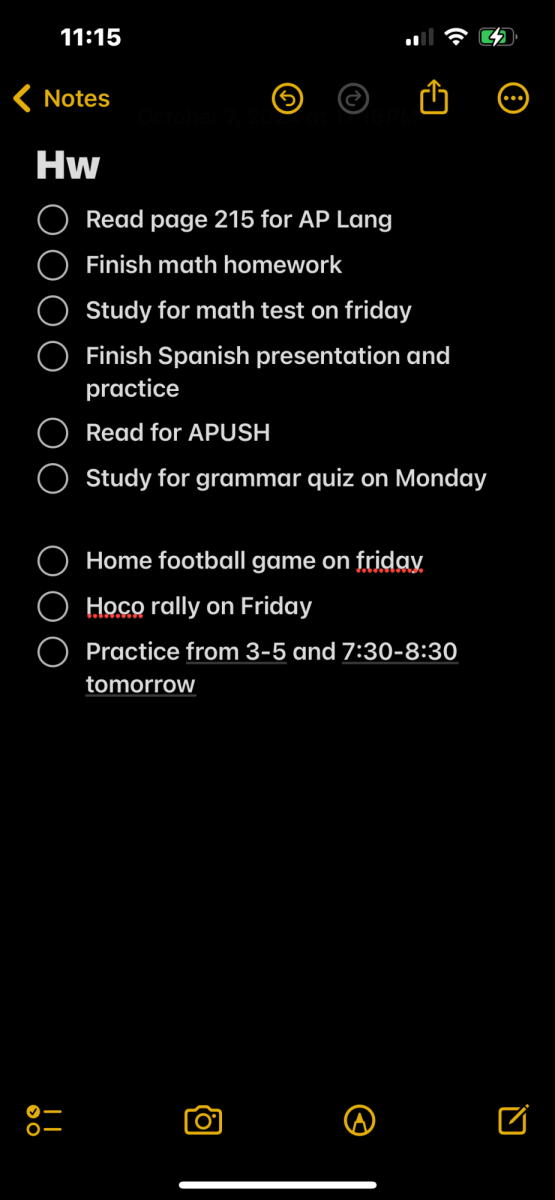
















Emma Safari • Mar 2, 2023 at 7:25 AM
I’m sorry that you have to experience this, but I’m proud of you for working around it! You’re awesome!